It's the grit that makes the pearl


Having arrived in Auckland and in placement with Auckland Rugby Union for over three weeks, I am sharing a blog post on my engagement with club rugby, communities, and a brief reflection of my leadership experience so far. Starting anywhere new or being the new person in a group can be daunting or intimidating…we might ask ourselves: will I fit in, will I be able to keep up, will people understand me or listen to my opinion, will I get on with my co-workers/teammates/peers?
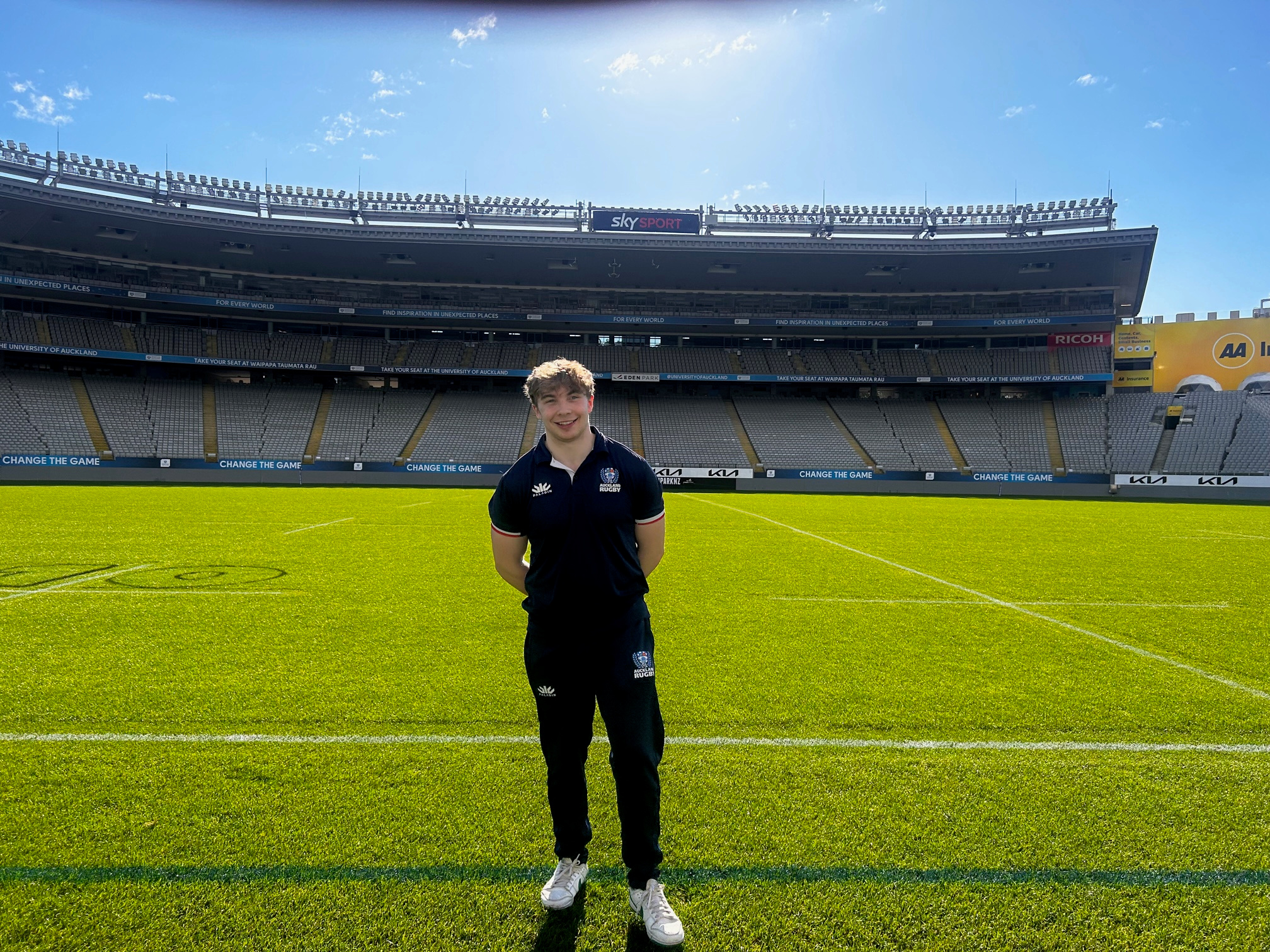
Figure 1 me on my first day at Auckland Rugby Union, whose offices are based in Eden Park Stadium, Auckland.
For me, a significant part of my participation in the Laidlaw Scholarship Programme has been allowing myself to learn to be comfortable with the uncomfortable. What I mean by that is, as a leader, you must be able to empathise with those around you, and you must be able to show humility and compassion, as well as leading by example through knowledge and ability. Through the Laidlaw programme and my Leadership in Action, I have put myself in new and daunting situations – like travelling across the world to meet and work with new people, make myself vulnerable to learning new things and being prepared to widen my horizon or have my mind changed by the experience.
I arrived at Eden Park slightly in awe of the size and scale of the stadium that was also home to Auckland Rugby Union (ARU). After being met at the front gate, I was introduced to the very welcoming ARU participation team, by my host, Anna Petterson, the female game development officer at ARU (impressively, Anna was a former New Zealand international cricketer and all-round inspirational lady). Introductions were followed by a tour of the ARU offices as well as Eden Park stadium and its rich history as the home of New Zealand rugby and its central place in the wider communities of Auckland.
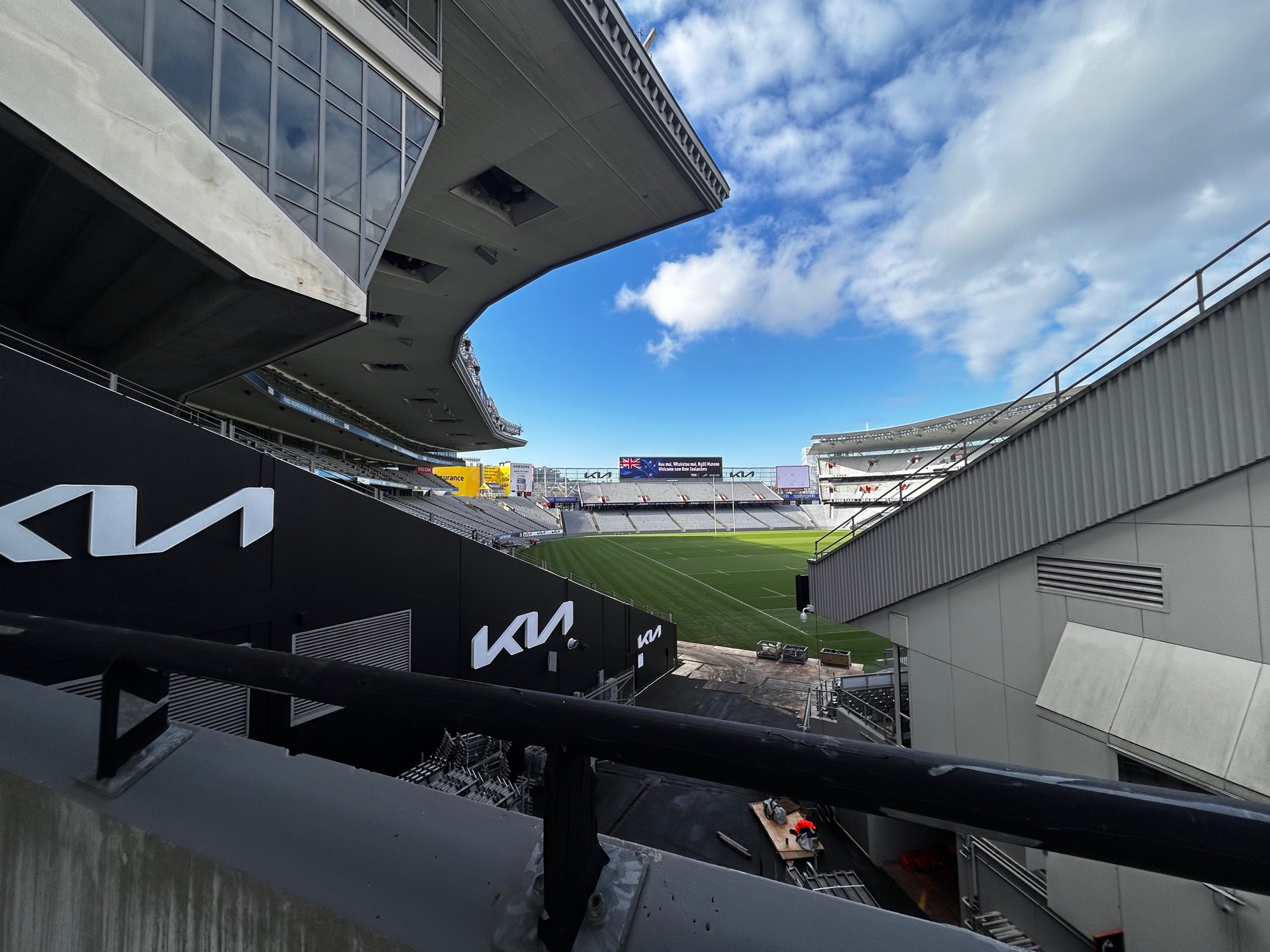
Figure 2 took this photo during my tour of Eden Park. The stadium is the 'home' of rugby in New Zealand and plays a significant role in supporting grass roots rugby and its wider communities in the region of Auckland also.
After the tour I sat down in the club communal office space to talk through the plans for my 6 weeks of LIA and created an agreed schedule/plan of action as well as giving ARU an insight into what resources I will need access to in order to apply my research from year 1 to ARU; this included excess to financial data as well as club to club information published on a secure database, and excess to the clubs and participants as well.
After completing the initial admin, I was then invited to participate in the setup of the Auckland Rugby u18’s Trials, and this was a great opportunity to connect with up and coming players as well as respected coaches within New Zealand rugby. It was also a great opportunity to meet so many young people from the rich and diverse Polynesian and Maori communities in Auckland.
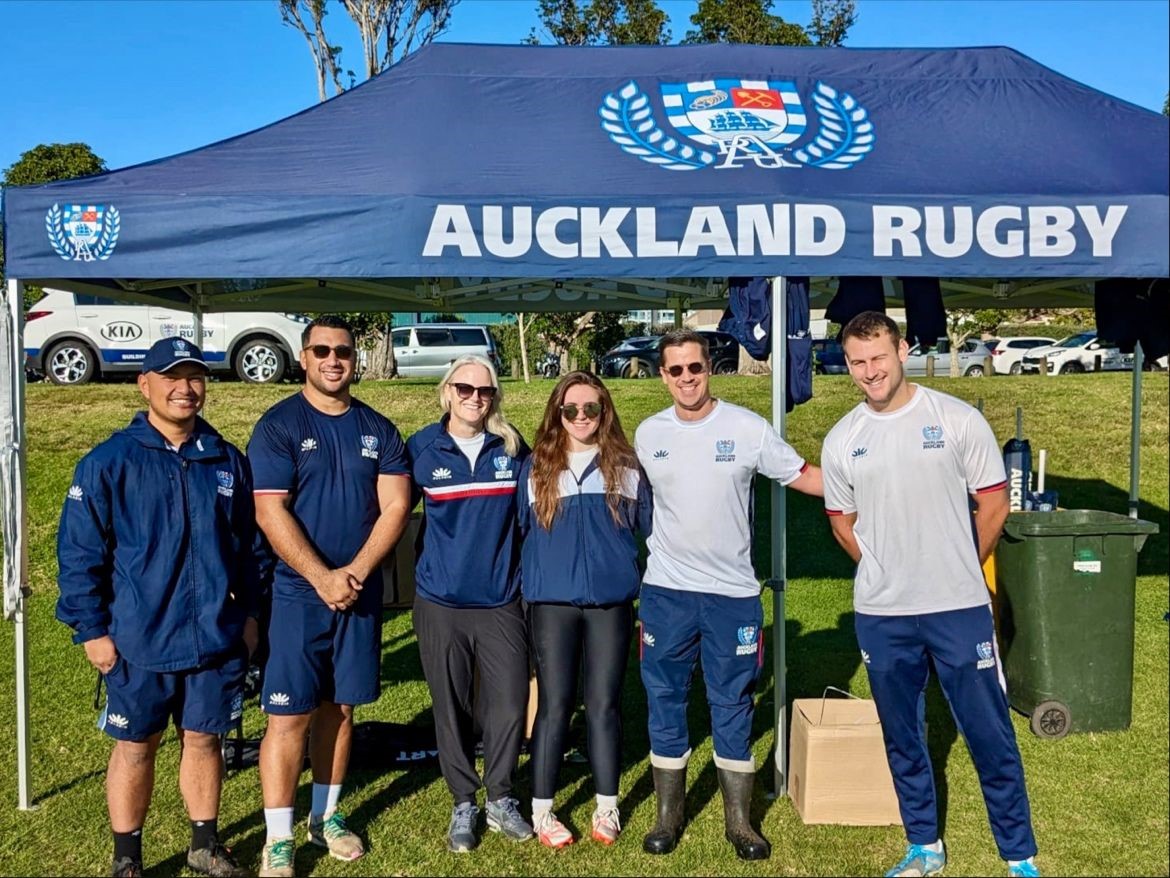
Figure 3 some of the amazing Club Participation team at ARU
The rest of week one included more networking within the office; I found a great way to do this was when I had lunch with some of the other office members, to introduce myself to them and vice-versa. I was also able to use the week to make some solo planning for the weeks ahead in order to gather some first-hand data from clubs and get acquainted the many varied roles and responsibilities Auckland Rugby Union had in the wider rugby and community life in Auckland.
The plans for the time in Auckland were centred around gathering data on the Social Return on Investment (SROI) of grassroots sports within New Zealand, in particular, what impact was had from Auckland Rugby Union on its associated clubs and communities. This involved a comprehensive field study, requiring me to engage in face-to-face interviews with a wide array of sports clubs and their members. The goal was to obtain a diverse and thorough understanding of the positive impact these clubs have on their local communities.
Over the past three weeks, I dedicated myself to traveling throughout Auckland, engaging with various rugby clubs. This hands-on approach allowed me to capture the multifaceted benefits that these clubs provide to their communities. My journey so far has taken me to more than half of the rugby clubs in the Auckland area; each visit offering unique insights into the distinct cultures and perspectives that each club fosters.
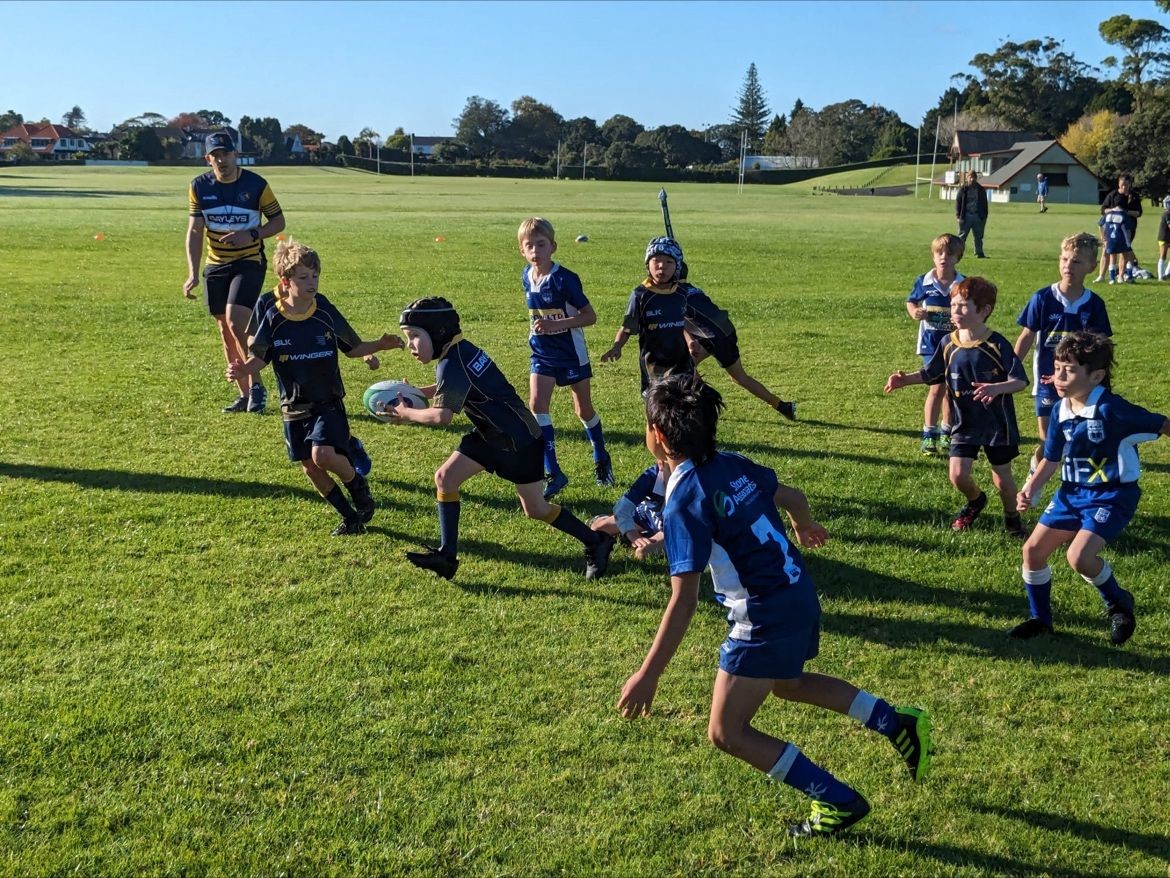
Figure 4 Junior rugby Auckland Style!
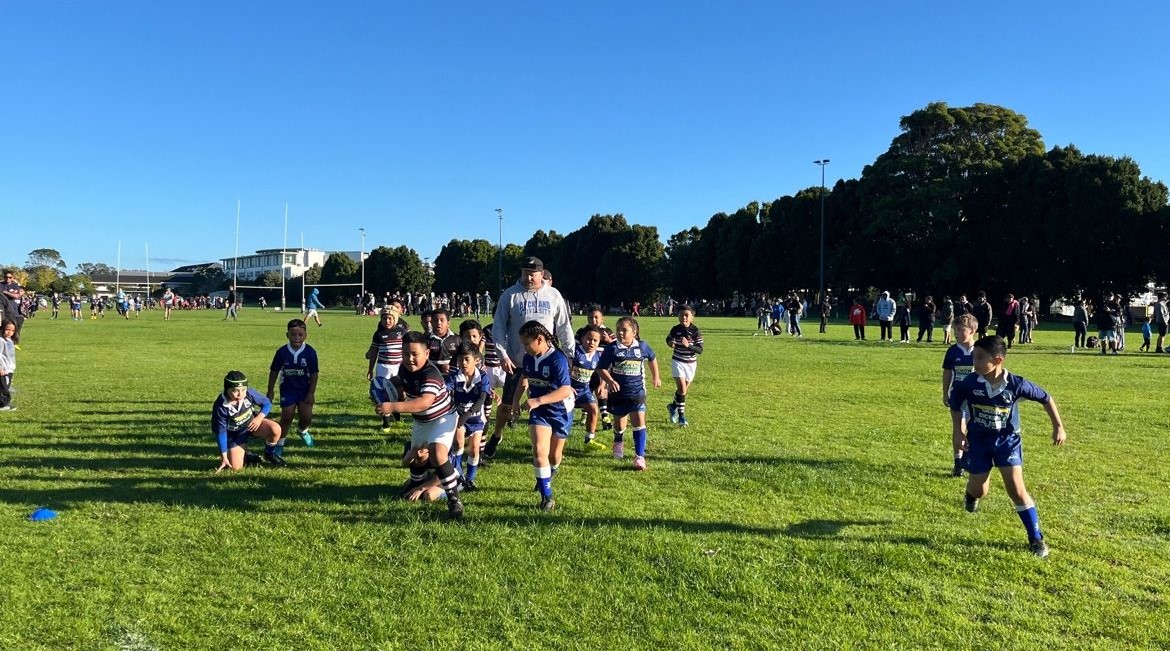
Figure 5 junior grass roots rugby in action!
During these visits, I have spoken with club managers, coaches, players, volunteers, and even local supporters, collecting a wide range of testimonials and data points. These interactions have highlighted the various ways in which grassroots sports clubs contribute to community cohesion, physical and mental health, youth development, and social integration. By gathering such a broad spectrum of perspectives, I aim to build a comprehensive picture of the social value these clubs create, which will ultimately inform the SROI analysis for the clubs, communities and Auckland Rugby Union.
Alexander Robinson
Leadership & Research Laidlaw Scholar at Durham University

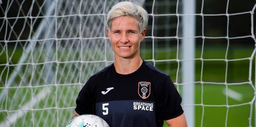
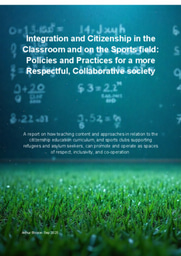



Please sign in
If you are a registered user on Laidlaw Scholars Network, please sign in
Alexander, thank you so much for sharing how your project went in the first three weeks! It looks incredible
Kelci, thank you, it really was an incredible experience! When I applied for the Laidlaw Scholarship at Durham, never did I think it would do as much as it has for my personal development and growth.